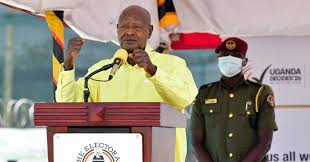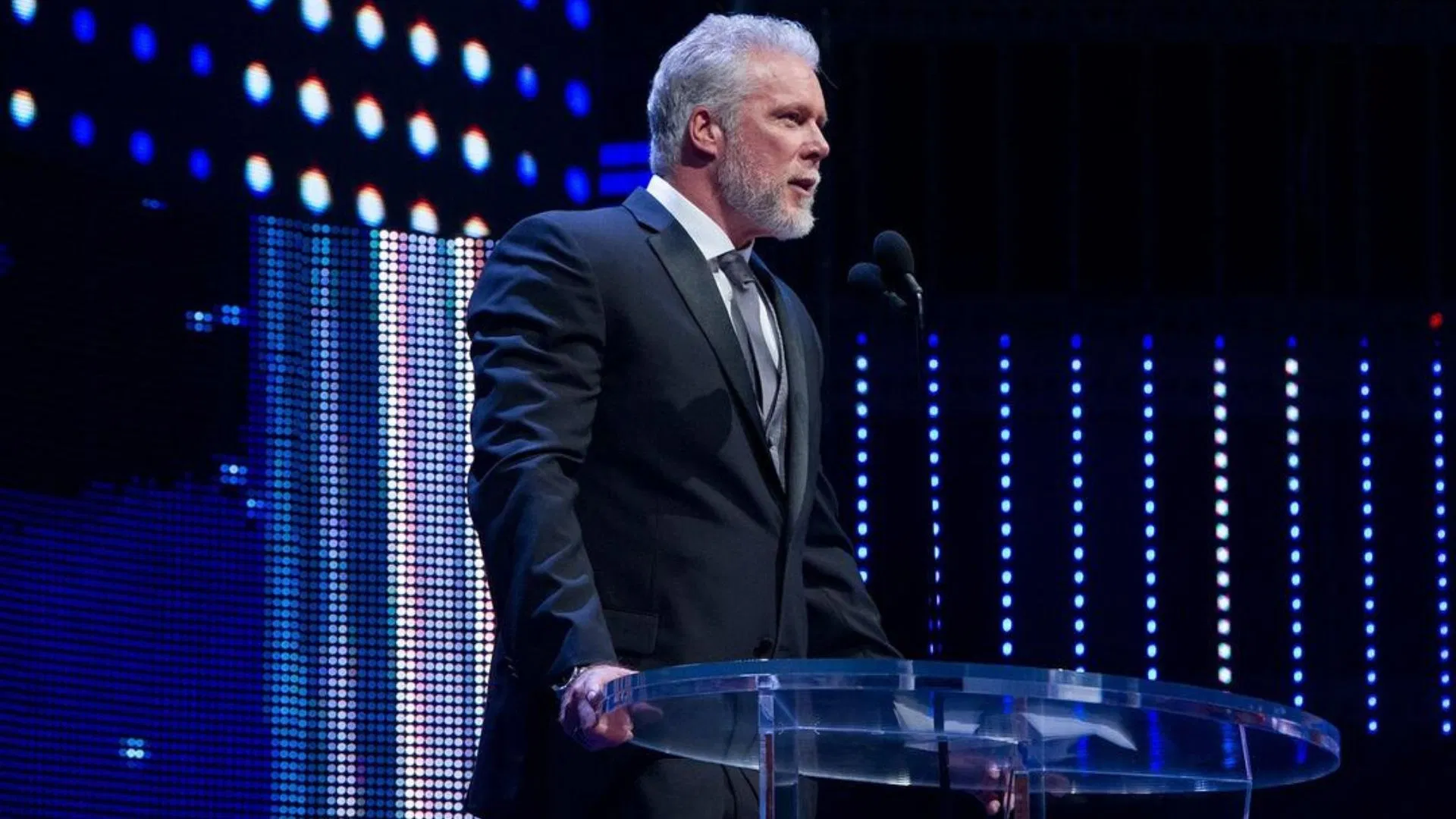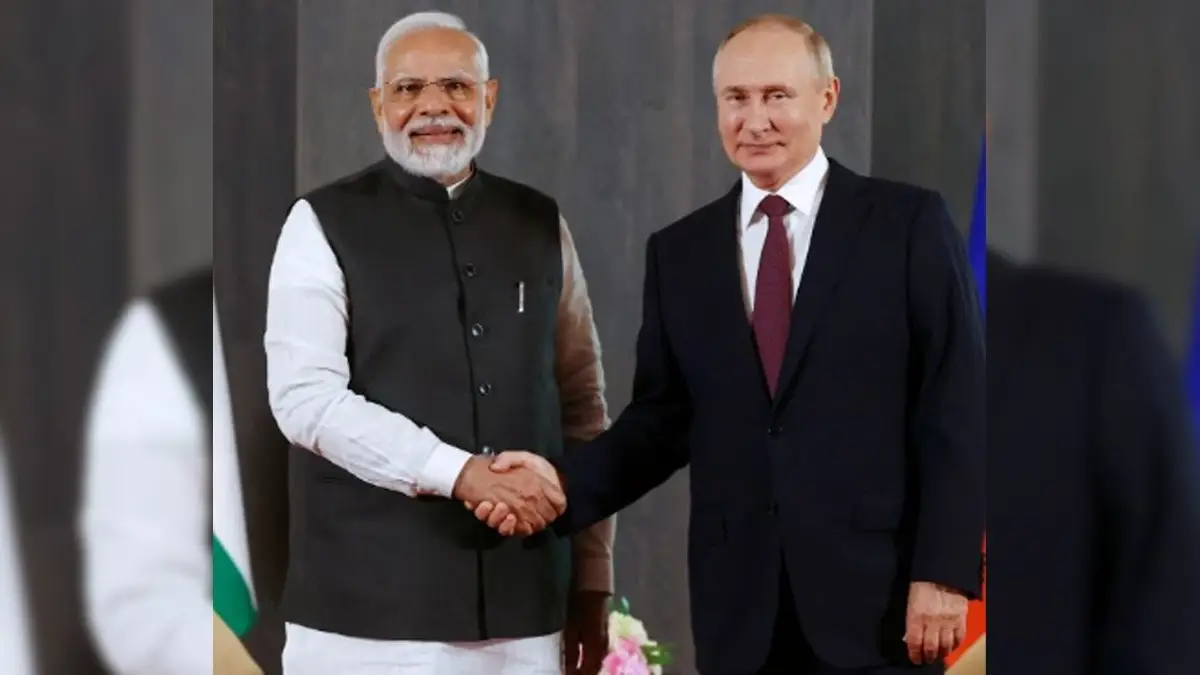By Radarr Africa
Copyright radarr

Uganda’s Electoral Commission has cleared President Yoweri Kaguta Museveni to contest in the 2026 presidential election, paving the way for the 81-year-old leader to extend his time in power to nearly half a century. The decision was announced on Tuesday in Kampala, where the electoral body confirmed that Museveni had fulfilled the legal requirements to seek another five-year term.
President Museveni, who has ruled Uganda since 1986 after leading a successful rebellion, is Africa’s fourth longest-serving leader. His administration is often credited with bringing relative stability to Uganda, boosting economic growth, and reducing the spread of HIV/AIDS. However, critics continue to accuse his government of clamping down on political opponents, restricting freedoms, and failing to tackle corruption scandals that have trailed his long rule.
Museveni first came to power by promising to end what he called “the problem of African leaders overstaying in office.” Yet over the years, his government has twice amended Uganda’s constitution to remove both presidential age limits and term limits. Those amendments gave him room to remain in office despite widespread criticism from opposition groups and civil society.
The 2026 election is expected to be another high-profile contest between Museveni and his main challenger, Robert Kyagulanyi Ssentamu, popularly known as Bobi Wine. Wine, who is 43 years old, is a musician turned politician who has used his popularity with Uganda’s youthful population to build a strong opposition movement. In the 2021 election, Museveni was declared winner with a wide margin, but Wine rejected the result, alleging massive ballot stuffing, intimidation of his supporters, and heavy involvement of the security forces in favour of the ruling National Resistance Movement (NRM).
Museveni was the first candidate to be cleared by the electoral body this year. Officials are expected to evaluate Bobi Wine’s candidacy later this week. The development has set the stage for a potentially tense election season in the East African nation.
Speaking at a press conference in Kampala after receiving clearance, President Museveni said his campaign would focus on public safety, health care, education, and infrastructure. “There’s a bit of crime and impunity,” he admitted, pointing to the rising concerns over violent crime in urban areas. He added that his government would prioritise restoring law and order, upgrading roads and transport systems, expanding health services, and strengthening free education for all Ugandans.
The president also promised renewed efforts against corruption, an issue that has long been raised by opposition figures and international watchdogs. Museveni’s administration has often been accused of using state patronage and military power to entrench its position. He has consistently denied allegations of human rights abuses, unlawful detention, and torture of political rivals.
Uganda is also preparing for a new phase of economic growth. The country is expected to start crude oil exports in 2026, a project Museveni believes will deliver an economic boom. Officials have projected that the oil industry could push national growth into double digits, offering new revenue streams for development.
Still, opposition leaders remain worried about the fairness of the coming election. Bobi Wine has repeatedly raised concerns about harassment of his supporters and intimidation by the army and police. In May this year, Uganda’s military chief, General Muhoozi Kainerugaba, who is also Museveni’s son, admitted to detaining a missing opposition activist in his own basement. He was also quoted in local reports as warning that Bobi Wine could be targeted next, comments that drew condemnation from rights activists.
As Uganda prepares for the 2026 polls, the political scene is once again shaping up as a battle between continuity and change. Museveni, who has built a legacy of both stability and controversy, is determined to hold onto power, while Bobi Wine continues to rally young Ugandans who see him as a voice for transformation. The coming months will reveal how far both sides are ready to go in what may become another defining election for the East African country.



